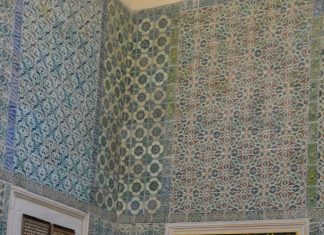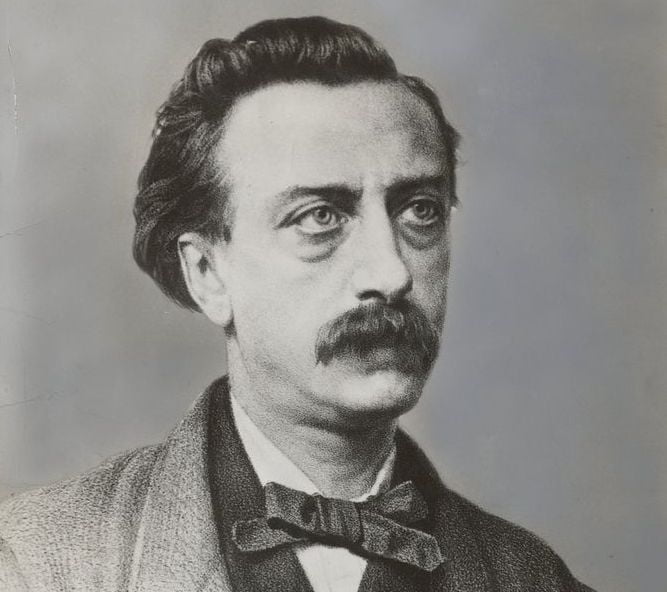This man had not studied very much under learned professors, but through his natural cleverness and quick intelligence and further by the help of God (which he had obtained by his mother’s ardent supplications, for she often spent whole nights in the church of God weeping and making invocations to the holy picture of the Virgin on her son’s behalf) he had reached the summit of all knowledge, was thoroughly acquainted with Greek and Chaldoean literature and grew famous in those days for his wisdom. Italus, then, became this man’s disciple, but he was never able to plumb the depths of philosophy for he was of such a boorish and barbarous disposition that he could not endure teachers even when learning from them. He was full of daring and barbarous rebelliousness and even before learning a thing, imagined he surpassed everybody else and from the very start he entered the lists against Psellus himself.
Being well versed in dialectics he caused daily commotions in public meeting places by stringing together sophistical quibbles, putting forward something of the kind and then maintaining an argument to match it. The reigning Emperor, Michael Ducas, and his brothers, made a friend of him; they certainly placed him after Psellus in their estimation, yet they were fond of him, and used him in literary contests; for the Ducases, the Emperor’s brothers, and even the Emperor Michael himself, were very literary. Italus would always cast heated, furious glances at Psellus when the latter, like an eagle, soared above his quibbles.
Italus to Epidamnus
What happened next? The war of the Latins and Italians with the Romans broke out, and the occupation of Lombardy, nay even of the whole of Italy, was under consideration. The Emperor of that time sent Italus to Epidamnus on the supposition that he was his friend and an honest man, and understood Italian affairs. Then to cut my story short, he was detected in treachery to us and an official was sent to expel him, and Italus getting wind of this, escaped to Rome. Later, as was his nature, he repented and sent imploring letters to the Emperor who ordered him back to Constantinople and gave him as dwelling-place the monastery called Pege, and the church of the Forty Saints.
Later when Psellus left Byzantium after taking the tonsure, Italus became the foremost teacher of all philosophy and was styled the highest, ‘Hypatus,’ of philosophers and he gave lectures explaining the books of Aristotle and Plato. He was generally supposed to be very learned. and he undoubtedly was far cleverer than [134] all others in expounding that most wonderful philosophic system, the Peripatetic, and especially the dialectics of it. But for other branches of literature he had not a very good head, for he stumbled over grammar and had never tasted the nectar of rhetoric.
Read More about War with the Normans part 18








